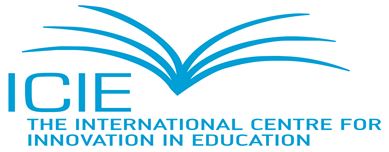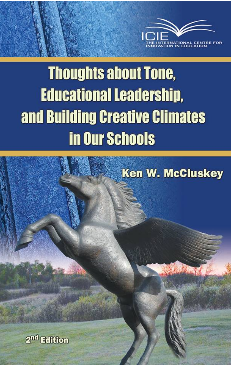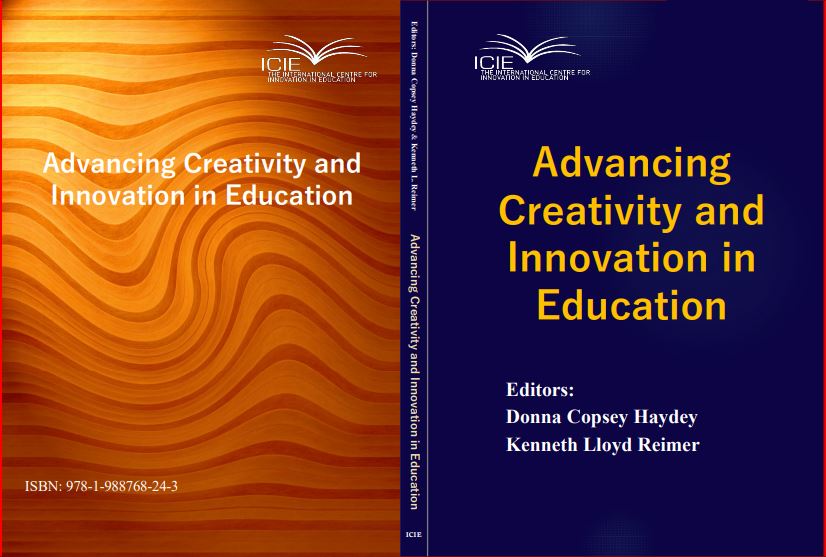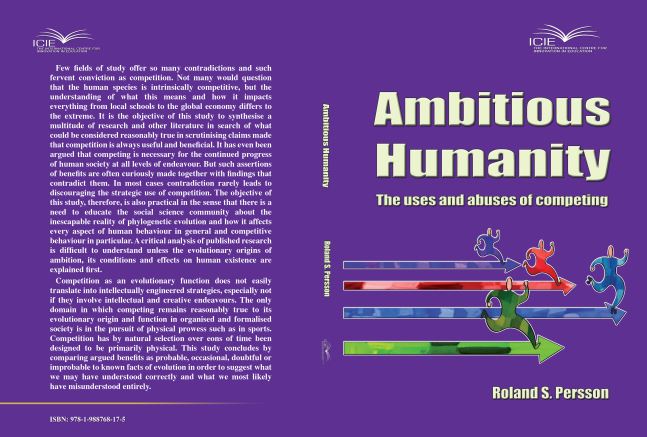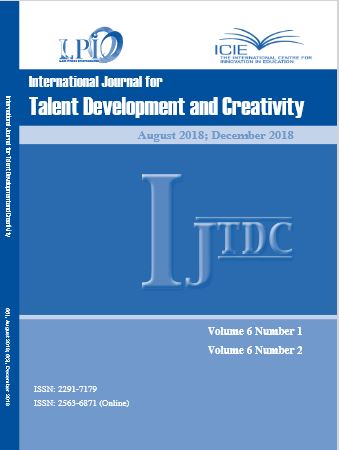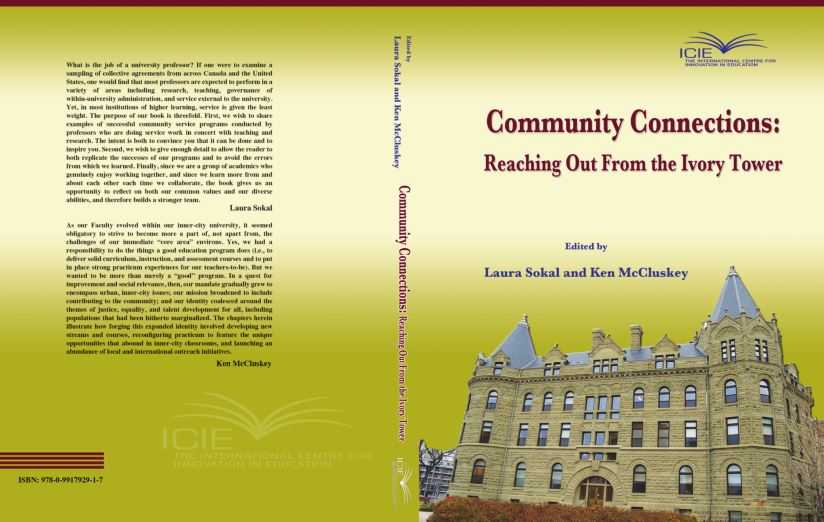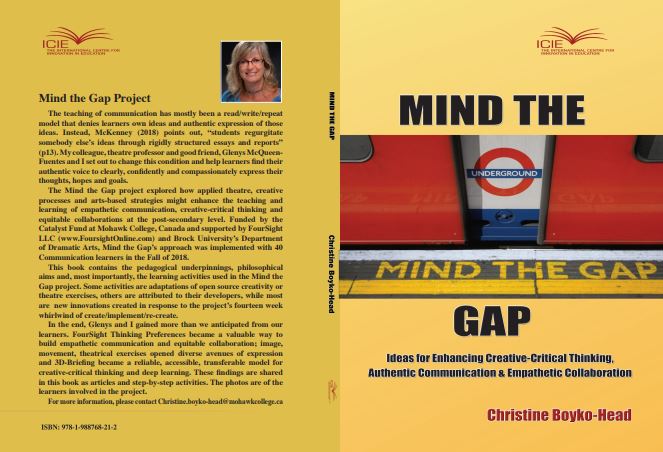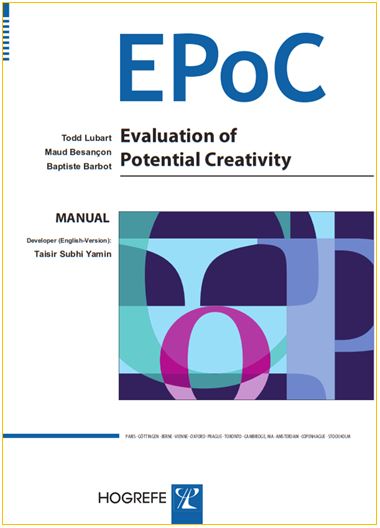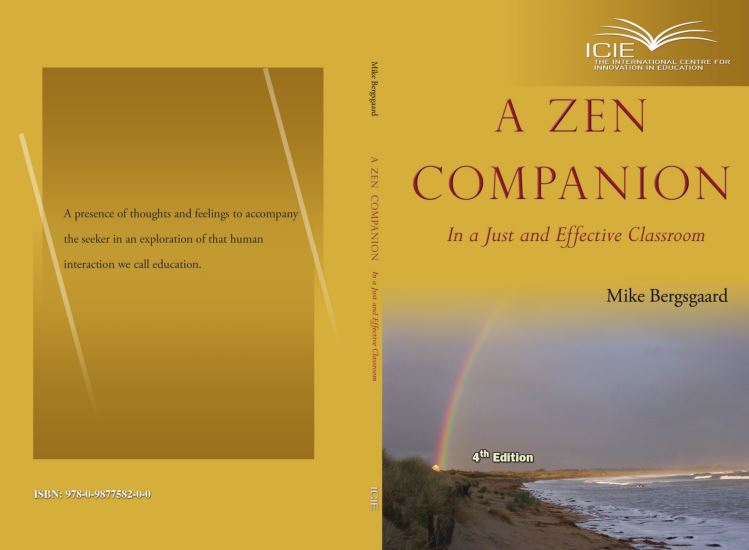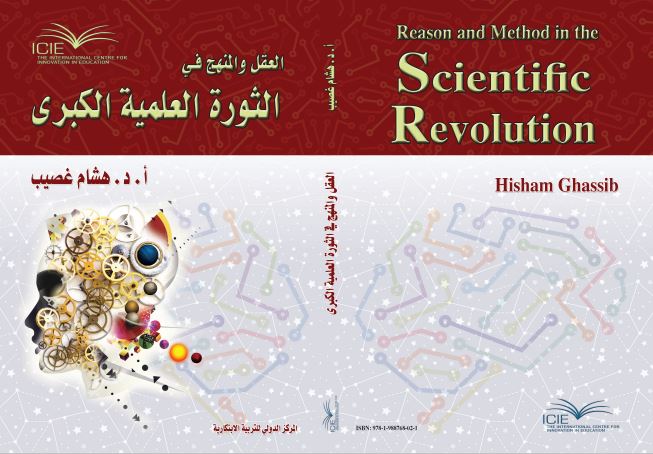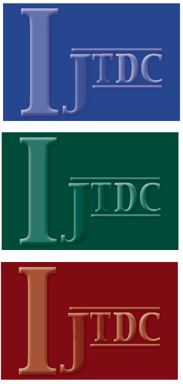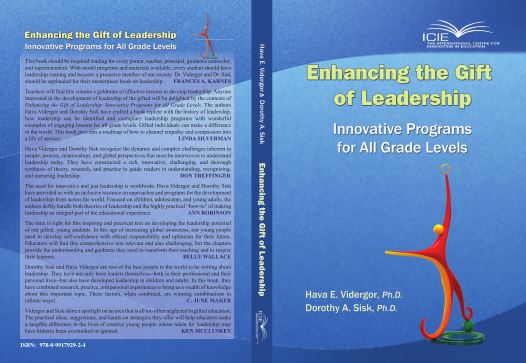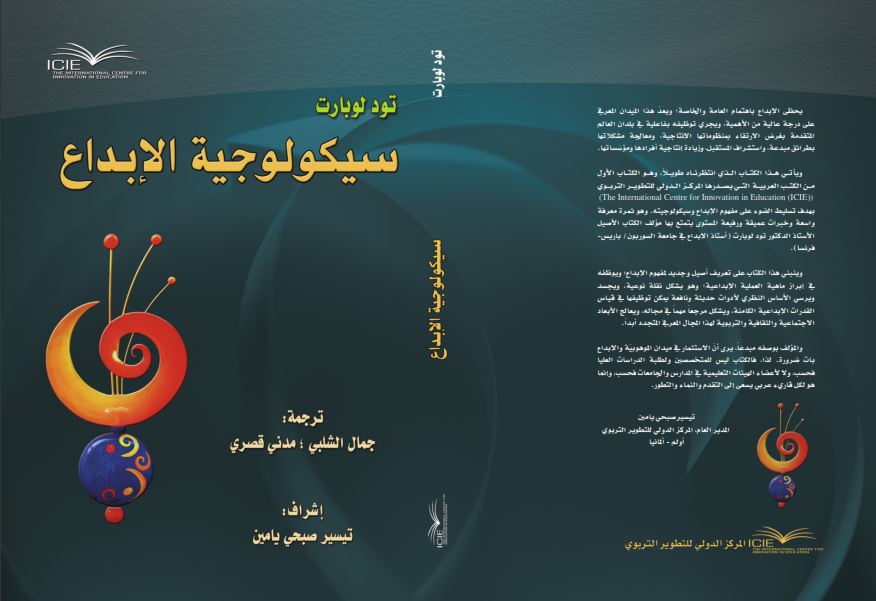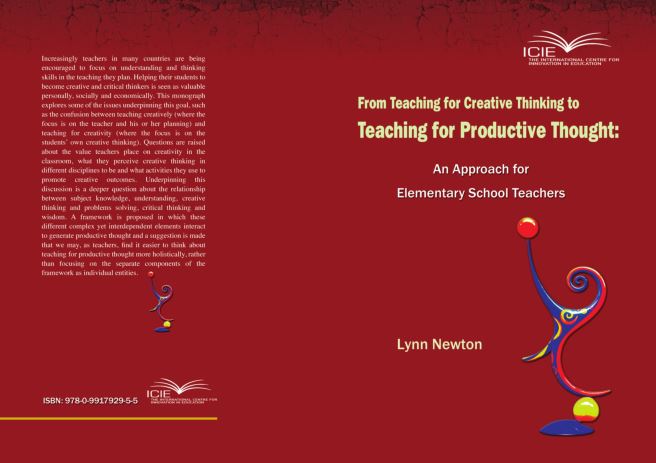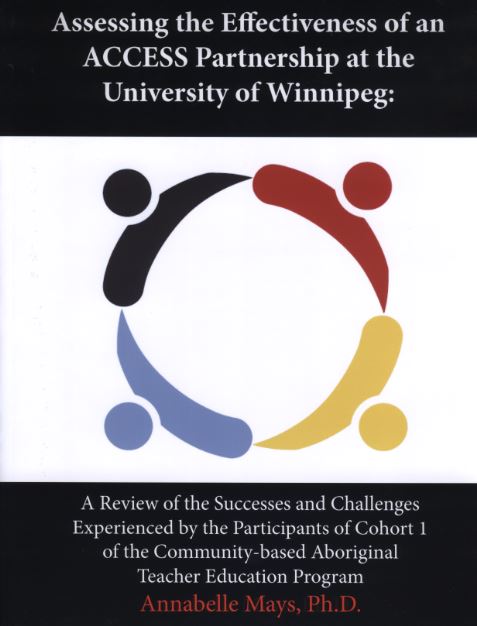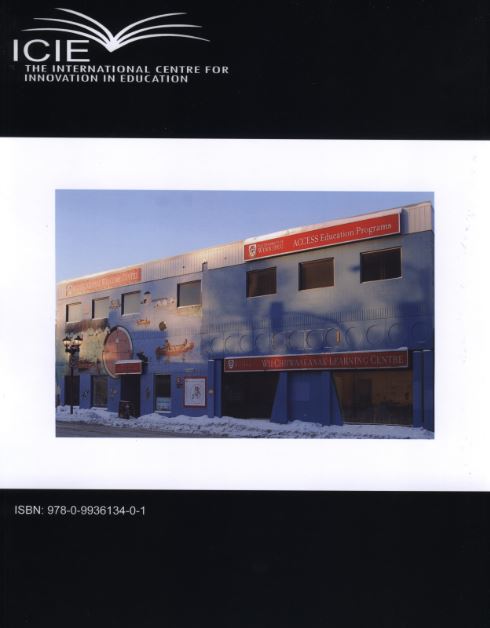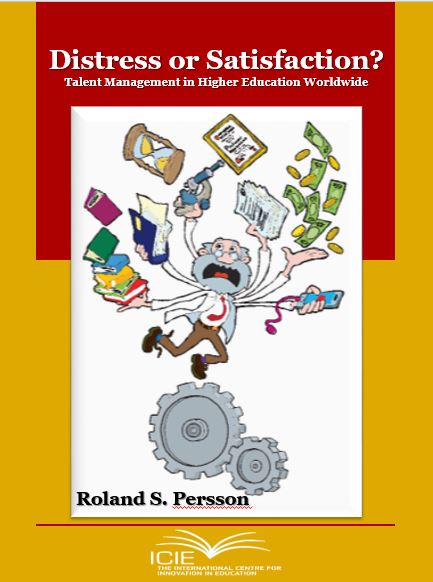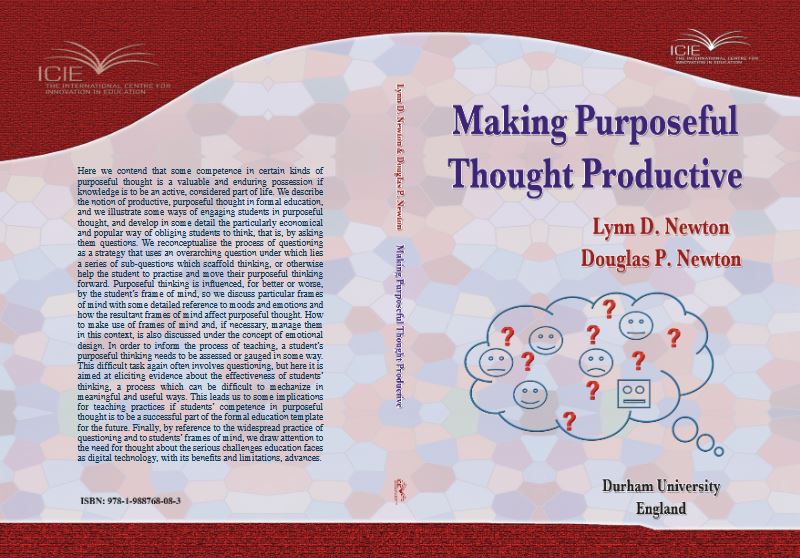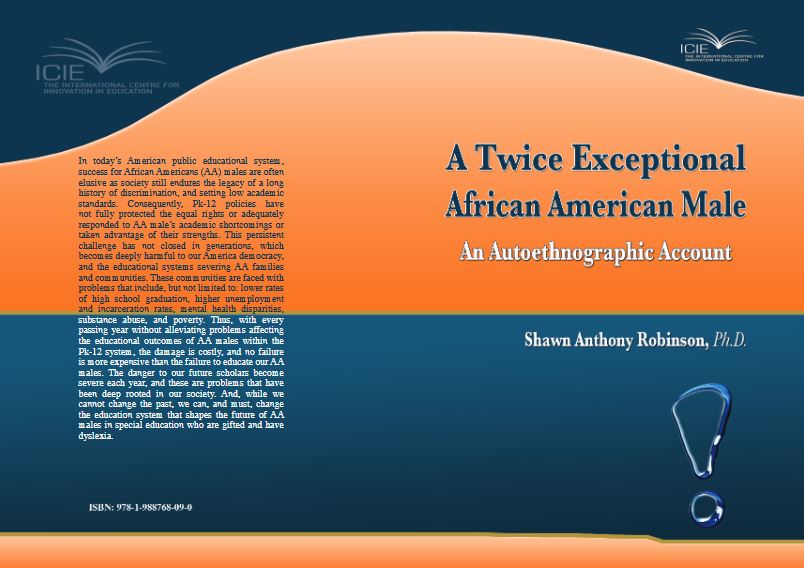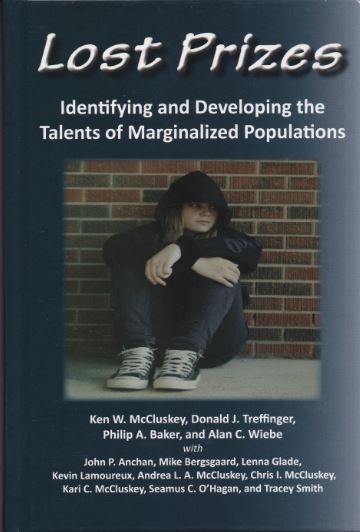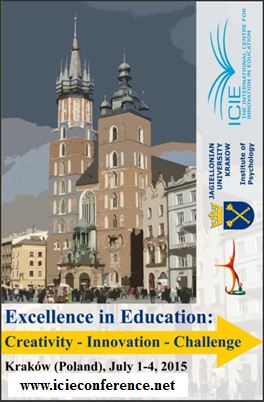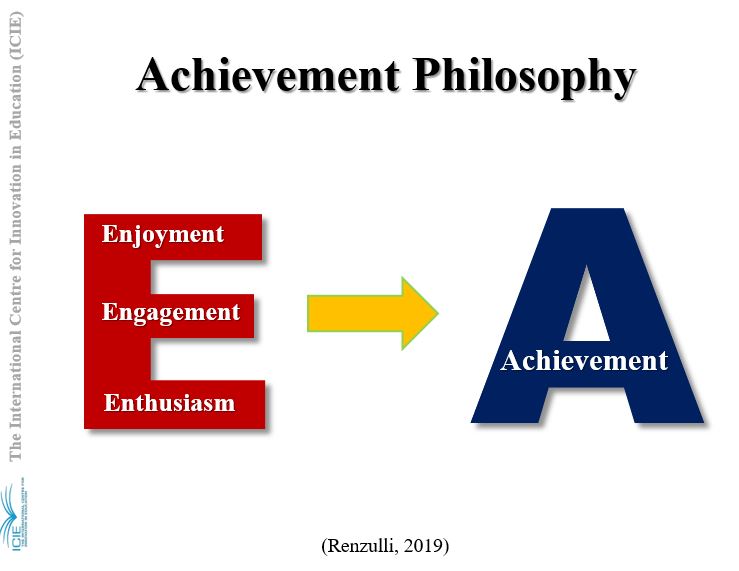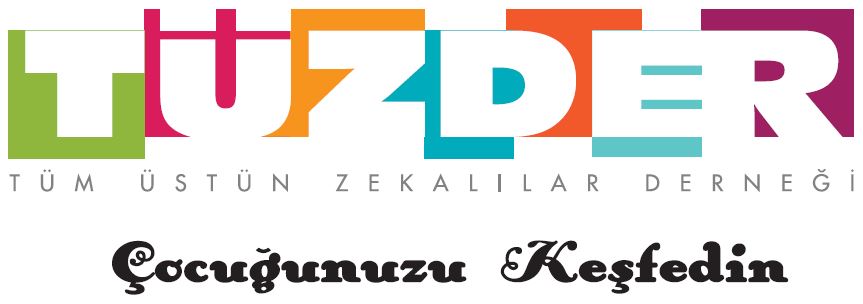Evaluation of Potential Creativity (EPoC)
What is EPoC?
This instrument, the Evaluation of Potential Creativity (EPoC 2009), is a new battery that allows creative giftedness to be measured. It includes verbal and graphic subtests that measure the two key modes of creative cognition—divergent-exploratory thinking and convergent-integrative thinking—in elementary and middle-school students. The instrument can be used as an efficient diagnostic tool to identify creative potential and to monitor progress, using pre-tests and post-tests, in educational programs designed to enhance creativity. Easy to use by psychologists and educators, this instrument can, for example, help school psychologists to identify, in regular schools, children with creative potential. An original, internet-based scoring system that enhances inter-rater reliability is integrated in the battery. Initially developed in France, this instrument will be available in 2010 in other languages with local norms for different cultures.
The Role of Creativity: Why is it Important?
Creativity plays an increasingly important role in modern society which requires original, innovative thinking and creative problem solving to face unexpected challenges in all aspects of life. The economic importance of creativity as an engine for societal growth in both cultural and industrial sectors has been often recognized (for example the European Union has declared 2009 to be the European Year of Creativity and Innovation). Creativity can be defined as a capacity to produce work that is both original (novel) and adaptive with respect to the constraints of a task or a situation.
A New Battery: How Does EPoC Work?
In the educational sector, there is a great demand for instruments to detect creative potential and to monitor its’ development. Part of the interest in creative potential concerns the detection of children who may benefit from specific educational programs. For this reason, “creative giftedness” is often evoked as a capacity that is complementary to classic intellectual potential (often measured by IQ tests). For both conceptual and practical reasons, existing measures of creativity have come under criticism recently in the scientific literature. First, numerous recent studies indicate that creativity is mainly domain specific and it is probably best to measure creativity in each domain of activity because the mental processes may not be very general in nature. Second, it has become clear that a simplified and continuously up-to-date scoring system is needed: Over time, the originality of ideas evolves; ideas that were original last year may now In the educational sector, there is a great demand for instruments to detect creative potential and to monitor its’ development. Part of the interest in creative potential concerns the detection of children who may benefit from specific educational programs. For this reason, “creative giftedness” is often evoked as a capacity that is complementary to classic intellectual potential (often measured by IQ tests). For both conceptual and practical reasons, existing measures of creativity have come under criticism recently in the scientific literature. First, numerous recent studies indicate that creativity is mainly domain specific and it is probably best to measure creativity in each domain of activity because the mental processes may not be very general in nature. Second, it has become clear that a simplified and continuously up-to-date scoring system is needed: Over time, the originality of ideas evolves; ideas that were original last year may now be common. Thus, test norms based on tables with the statistical rarity of ideas can become quickly outdated. In most cases, norms for creativity tests were created years ago. Also, the scoring of creativity involves, inherently, some social judgement of the relative novelty of the work, with respect to an individual’s peer group.
EPoC Measures Creativity
The new battery that we have developed, EPoC, represents a synthesis and extension of several traditions in creativity measurement. EPoC evaluates creativity in several domains (currently, artistic and literary, with others to be developed such as music, social problem solving, scientific invention, etc). In each domain, two basic kinds are thinking are measured because they come into play in each creative act. The first is divergent exploration. The second is convergent synthesis and integration. These two modes are widely viewed as the basis of the creative process and relate to numerous pedagogical programmes to train creativity. Results show good psychometric qualities, with a factor structure indicating 4 factors, as expected: Verbal convergent integrative, verbal divergent exploratory, Graphic-artistic convergent, graphic artistic divergent. No particular gender-related differences are observed. There are developmental trends across school-grade levels.
The Evaluation of Creative Potential
EPoC consists of two parallel forms (A, B) that can allow for evolution of creative potential to be measured over time (or before and after an educational activity). Each form consists of eight tasks that concern the graphic–artistic and verbal-literary domains, and call for divergent and convergent modes of thought.
Measures in the EPoC battery
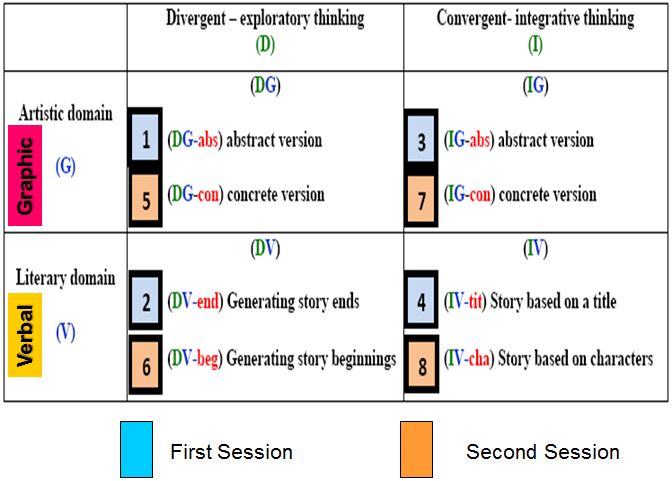
The Population
EPoC has currently been initially developed, with norms, for use with primary school children in France. It is also pertinent to the assessment of creative potential in secondary school (research is in progress).
International Evaluation Tool
EPoC is a comprehensive evaluation tool that combines an approach to creativity by domain and by mode of thought, allowing a profile of creative potential to be assessed. The EPoC system provides opportunities to add additional domains to the assessment (such as the musical domain, currently under development). EPoC includes a training program for evaluators to facilitate test use and scoring.
This project involves a partnership between Editions Hogrefe France, the International Centre for Innovation in Education (ICIE-Germany) and the Individual Differences research group at the Institute of Psychology, Université Paris Descartes. The ICIE will collaborate and coordinate with a large number of local partners to conduct the cross cultural studies.
What else does ICIE offer Educators and Psychologists?
The International Centre for Innovation in Education (ICIE) offers two training workshops. The first will enable teachers and psychologists to employ effectively EPoC to measure creative potential. The second workshop will qualify teachers to develop new activities and to employ resources in developing productive thinking skills.
EPoC is available in 16 languages, including: French, English, German, Turkish, and Arabic
If you are interested to translate EPoC into your language, and to take part in developing the norms for your country Contact Us:
Prof. Dr. Taisir Subhi-Yamin;
General Director, ICIE, Heilmeyersteige 93; D-89057, Ulm; Germany.
e-Mail: This email address is being protected from spambots. You need JavaScript enabled to view it.
